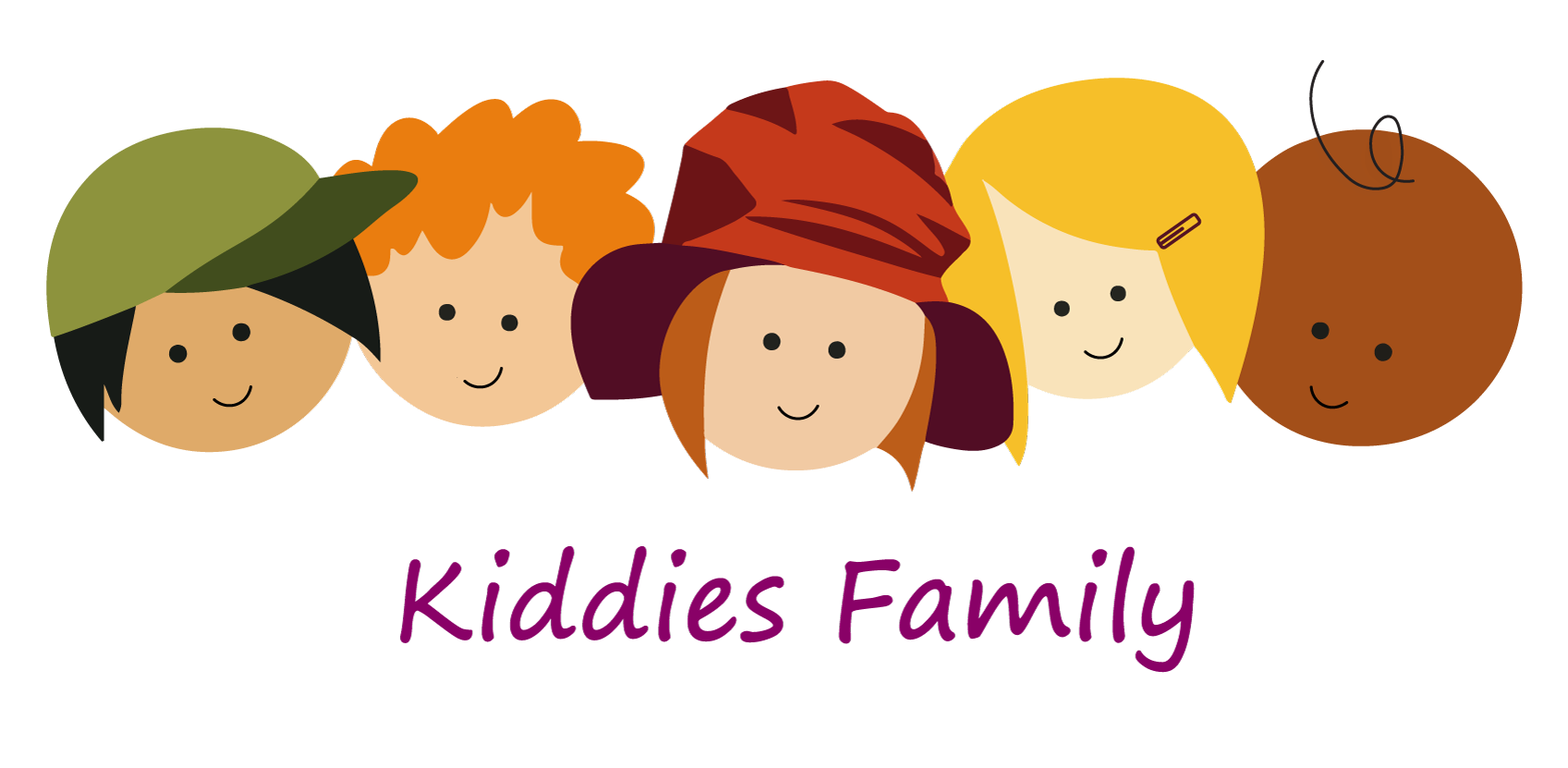We use the “Optimix Principle” from the research institute for child nutrition in Dortmund FKE (www.fke-do.de): we ensure that the menu contains many different vegetables, fruits, whole wheat products, meat, poultry, fish, herbs and spices, conforming to the seasons.
All food products used at Kiddies come from organic farming, the meat from Neuland (organic animal farming), the fish comes from sustainable fish farming.
The children are involved in the preparation of the food in order to expose them to health-conscious nutritional practices.
Our cook always welcomes proposals of recipes or new ideas, and he gets feedback from the teachers regarding the meals.
We make special arrangements for children who are vegetarian or eat no meat for religious reasons or who have food allergies.
Thanks to our cook’s experience, initiative and creativity all children get freshly prepared, balanced and tasty meals.
Health & Nutrition

“Food is not the greatest thing in life, but it is the nutrient media on which the greatest can grow or go bad.“
Dr. M. O. Bircher-Benner
In this sense, we regard health and the well-being of the children as very important.
Our objectives are careful and hygienic handling of food, preparations suitable for children and balanced nutrition, as well as getting the children to know foods and various forms of preparation.
To achieve these goals we have a kitchen at Kiddies international, where our own cook prepares the daily food for both the children and our employees.
We have deliberately chosen freshly prepared food over catering.
The food is transported in thermo boxes to the other Kiddies Family locations nearby.

For breakfast, we have a raw fruit and vegetable plate every morning.
For lunch the children get a complete meal and a healthy dessert.
In the afternoon, we have a snack, such as a choice of either fresh baked bread with curd cheese and herbs, fruit, or a prepared dish with flaxseed, dried fruit and yoghurt dressing.
For drinks, we offer water and unsweetened tea.
The meals are eaten in a quiet and relaxed atmosphere at a table with the teachers, who encourage the children to eat unassisted.
Children, who are too small for that of course, get assistance. In order to make sure that the meal becomes a completely positive event, no pressure is put on the children during meals.
The children participate in the daily table service.
If they are old enough they can put food on their own plates, in order to learn to measure food according to their appetite.
The cook also likes to include the children in the creation of the menu or in the preparation of special projects.

The children are also expanding their self-awareness during meals:
What tastes good?
What do I like to eat?
I don’t have to clean the plate.
The questions “What’s healthy? How do I stay healthy? What makes me sick?” are questions for which the children get accustomed to either to receiving an appropriate, competent answer or to finding one themselves.
The children learn that they are responsible for their health.
They are reminded to wash their hands before meals and after using the bathroom.
That also applies to brushing their teeth.
Therefore after lunch we take the children to brush their teeth according to the guidelines for hygiene and dental care.
We cooperate closely with the parents and once a year offer a parent-teacher-conference on the subject of “healthy nutrition in child age”, to which all parents and employees are invited.
After a lecture by an expert for nutrition individual questions will be answered.
Our cook always participates in this conference as well.

Food is the fuel for all physical and psychological processes in the body, but it also means joy, culture, tradition and an occasion to be together with family members and friends.
The food intake in childhood often decides the food patterns in adulthood and therefore sustainably influences health, well-being and productive efficiency in later life.
